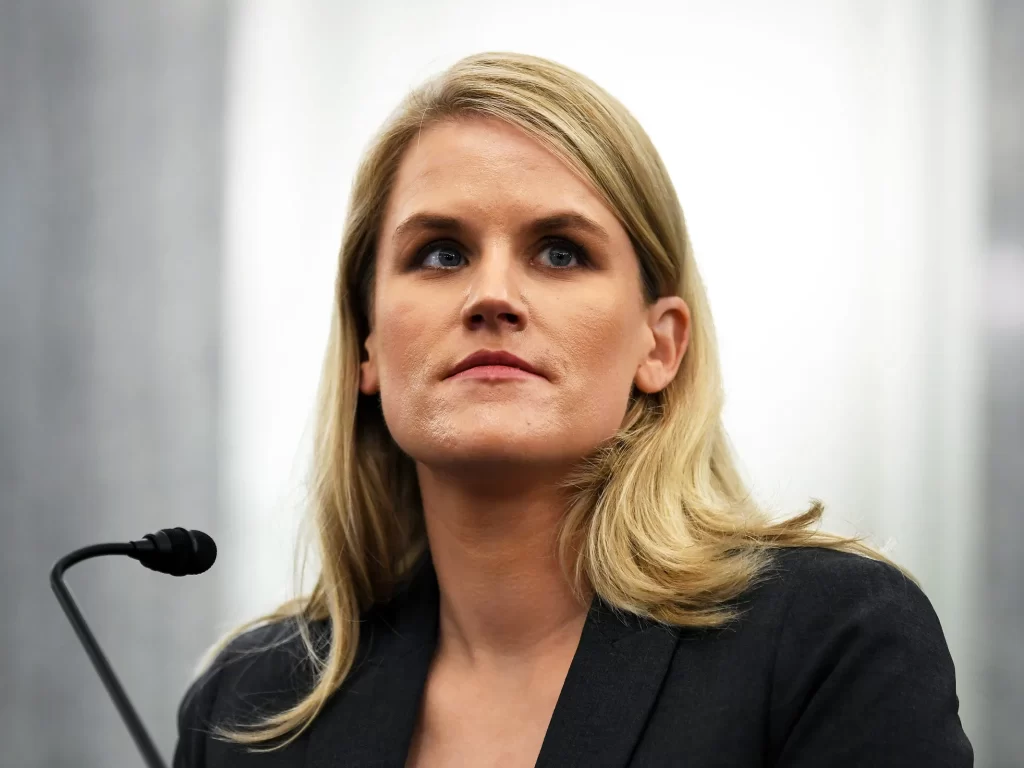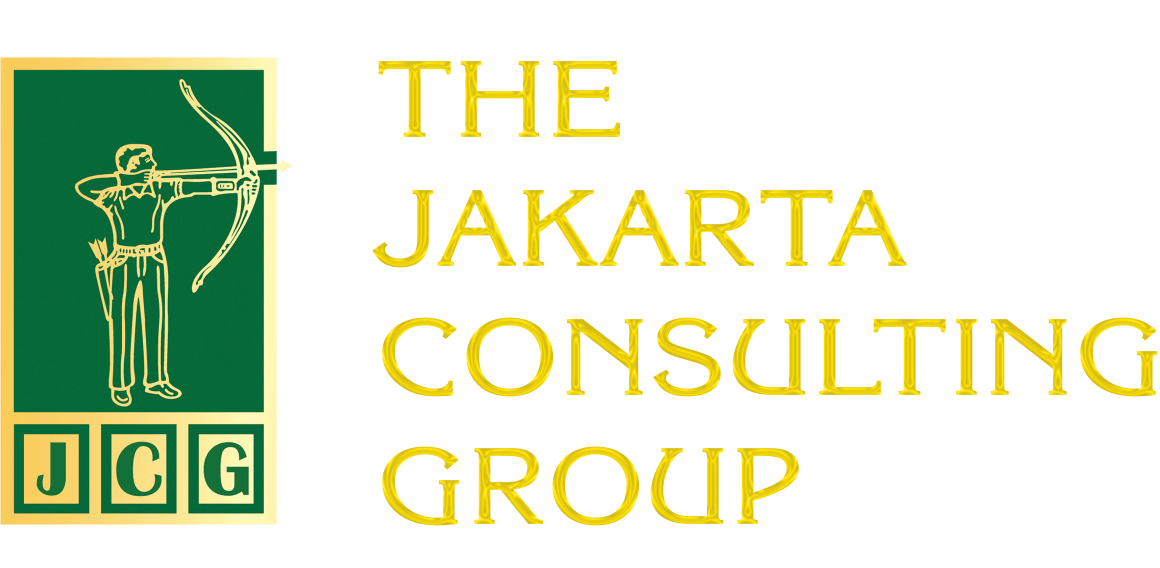Today, the role of whistleblowers is important in exposing ethical and business violations. However, being a whistleblower is clearly high risk. Your job and career are at stake. At the same time, the desire to maintain integrity is so strong.
What is a Whistleblower in the World of Work?
A whistleblower is someone who discloses information about actions that are considered unlawful or unethical within an organization. This information revealer can be anyone, for example, an employee, a former employee, or even a third party who has relevant information. These actions vary. For example, corruption, abuse of authority, violation of rules, to financial fraud.
An example of whistleblowing is a technician in a factory who sees that safety equipment is substandard, but management ignores the issue on the grounds of efficiency. The technician then reports this to the labour department or industry regulator.
Another example is an employee in a pharmaceutical company who discovers harmful substances in a drug. However, management deliberately hides it. The employee then reported it to the Drug Regulatory Agency or wrote it on social media. So, whistleblowing is not just a financial report.
Real-life Whistleblower Example

The real case in whistleblowing is Frances Haugen, a former Facebook employee. She leaked thousands of internal documents showing that Facebook was aware of the negative impact of its platform on the mental health of users, especially teenagers, but still prioritized profits over user safety.
Haugen testified before the US Congress and sparked a global debate about social media regulation. As a result of the scandal, Facebook faces greater pressure to improve its security policies. Fortunately, Haugen was protected by the whistleblower law in the US, but still lost his job.
The Risk of a Whistleblower
What are the risks faced by a whistleblower? First, layoffs. In many countries, there are laws that protect whistleblowers. However, enforcement is often weak. As a result, whistleblowers still lose their jobs. Meanwhile, looking for a new job is not easy. Some companies even blacklist them.
Whistleblowers also often experience psychological pressure due to acts of revenge directed at them. They must be prepared to face a long battle with the reported party. Even if they are not fired, the work atmosphere is no longer the same for whistleblowers. They are often bullied, ostracized, and even threatened.
Whistleblower can be suspended, demoted, or transferred, and even have their salaries lowered. They are even reported to the authorities on the classic charge of defamation. Another accusation often levelled at whistleblowers is that of leaking company secrets.
Whistleblowers are also often branded as traitors. They are accused of having been insolent towards respected figures in the organization. Whistleblowers are also considered disloyal to colleagues.
They should be brave, but…
Ideally, an employee should have the courage to expose violations of law and ethics, especially if it has a major impact on the organization, society, or even public safety. Whistleblowing can be an important step in creating a cleaner and more transparent organization. However, the reality is not that simple given the risks faced by whistleblower, as mentioned above.
So, how do we overcome this dilemma?

If someone decides to become a whistleblower, what should they do? First, of course, try as hard as possible to gather sufficient and accountable evidence. Next, report through internal channels first, such as to the company’s compliance or ethics division, before turning to external parties.
In order to minimize risk, potential whistleblowers need to first study the laws and regulations regarding the protection of whistleblowers, especially their rights and obligations. For safety reasons, do not act alone if you want to make a report about violations.
A whistleblower needs to get support from other people or colleagues who have the same concern. Often, it is influential people who are reported. If possible, make efforts to avoid retaliation.
Employees must consider the long-term impact. Think carefully about whether whistleblowing will bring meaningful change or just destroy an employee’s career. If the risk is too high and protection is inadequate, it may be necessary to look for alternatives. The last resort is to leave the organization.
For more insightful articles on business ethics and leadership, visit our blog page now!
#whistleblower #dilemma #career #ethics #Frances Haugen #Facebook #PHK
Related Posts:
The Story of a Successful Entrepreneur: Aroma Coto Gagak, Makassar’s Culinary Icon
The Story of Successful Entrepreneur Uni Tutie: From Home Kitchen to Global Market
Stay Competitive Without Compromising Business Integrity: Building an Ethical and Sustainable Business
Strategi Ampuh Boost Produktivitas dengan Job Crafting
5 Tips membangun Employee Advocacy











